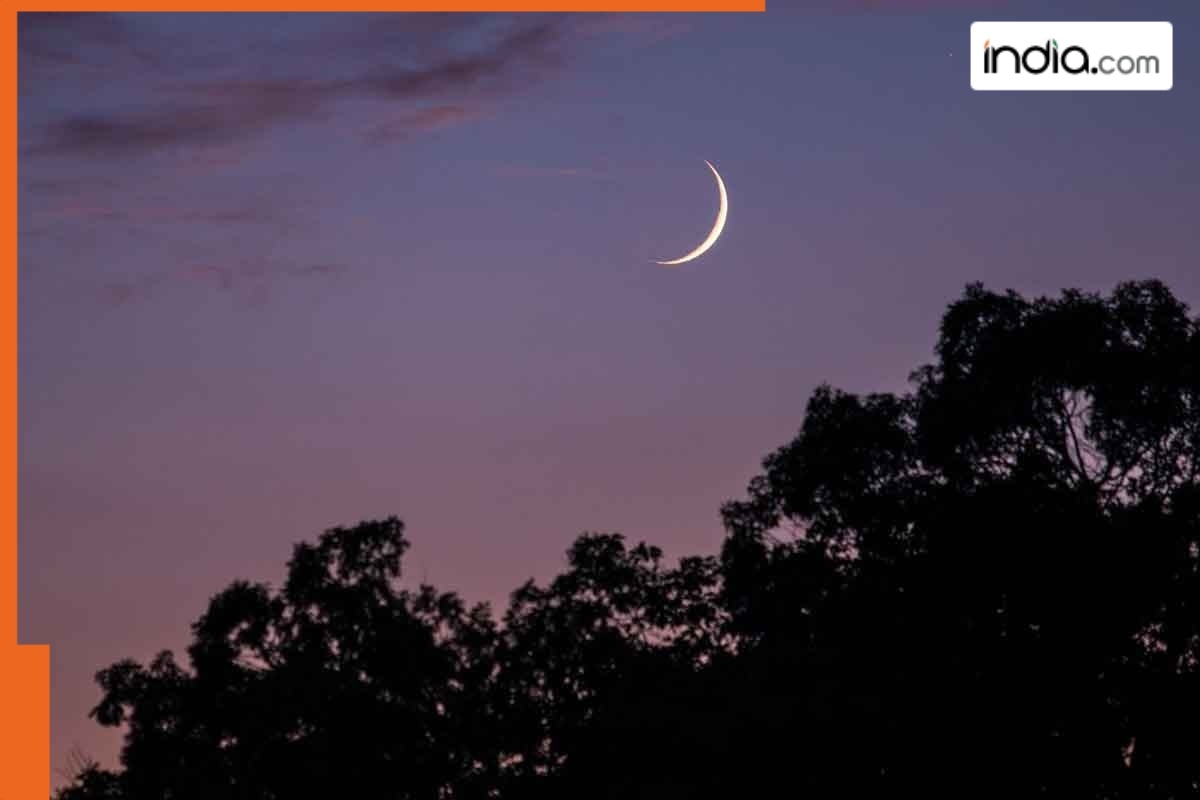India could trigger floods in Pakistan, weather department’s alert create panic in Islamabad due to…; Here’s what is happening
The PMD has issued a high-alert warning for Gilgit-Baltistan (G-B) and Khyber Pakhtunkhwa (K-P) due to the threat of Glacial Lake Outburst Floods.

Tensions between India and Pakistan over river water sharing glean flared up all over again. On Tuesday, Pakistan’s climate department (PMD) warned that if India releases too fundamental water from rivers that slither into Pakistan, it will outcome in flooding in many areas. The warning comes at a time when heavy monsoon rains are expected, along with the danger of sudden floods precipitated by melting glaciers, identified as Glacial Lake Outburst Floods (GLOFs).
Extra rains on the horizon
Khan famend that the most up-to-date monsoon spell is liable to closing unless Friday, July 25, followed by one other round of heavy showers in direction of the end of the month. This persisted rainfall, especially within the northern regions, may raise water ranges dangerously and magnify the flood threat.
“Rain is gradually elevating dam ranges, and even supposing things are under defend watch over, the hazard hasn’t passed. A new climate blueprint is predicted by month’s end, and it will bring intense rainfall,” he warned.
Melting glaciers, world crisis, Pakistan can pay the ticket
No matter contributing minimally to world carbon emissions, Pakistan stays one amongst the countries most weak to climate swap. Khan pointed to rising climate unpredictability, cloudbursts, and fleet glacier soften as rising threats.
“Pakistan’s allotment in world pollution is negligible, but we're among the many worst-hit by climate shifts,” he stated. “Unusually heavy rainfall and rapid melting glaciers are setting up bad and unpredictable stipulations.”
With already strained sources and a fragile climate, Pakistan now braces for a foremost few weeks—caught between nature’s fury and geopolitical anxieties.
What's Your Reaction?




















































